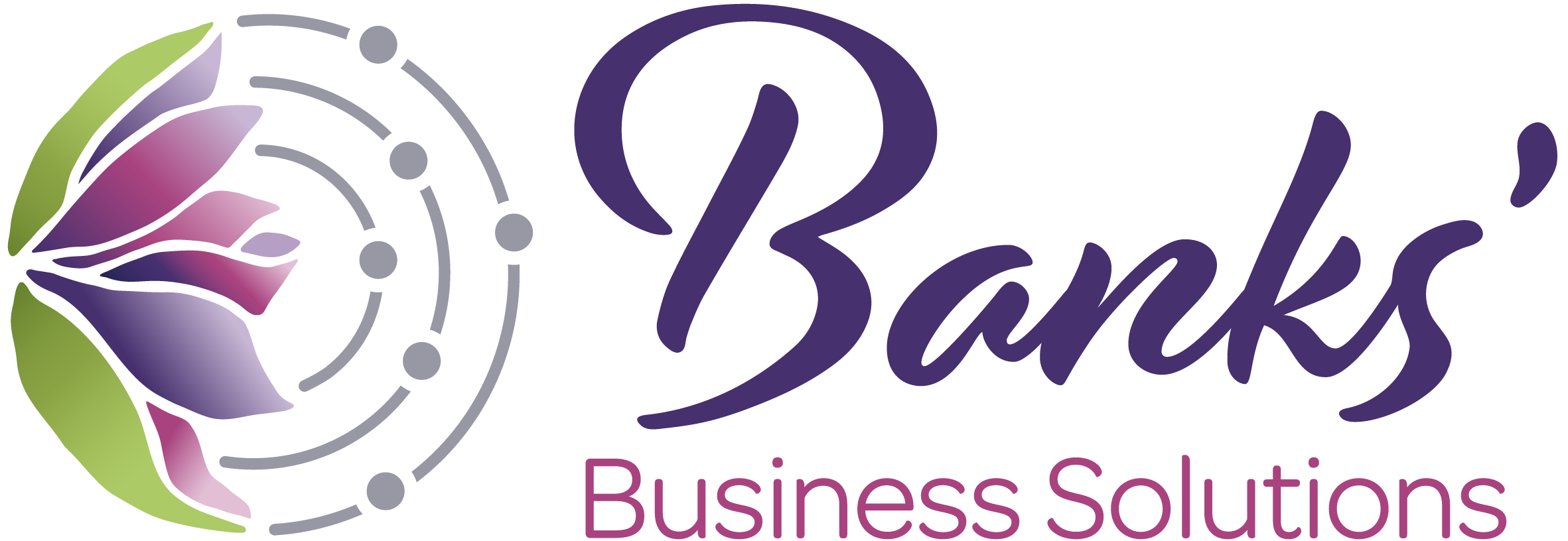An exciting new email hits your inbox – your new website has gone online.
You rush straight to Google, tap in the URL address and there it is. Looking amazing and ready to get you some new customers.
Then you spot it. A simple spelling mistake.
So, you send a quick email to the developer asking for the login details as you can change it yourself.
The reply leaves you feeling angry, upset and totally lost for words.
“Not a problem, I can make that change for you. It costs £75.00 for any content changes, updates and uploads”
Yup. You can’t access the website yourself. And worse. The developer wants to charge you every time you want to change something, or add some new content – like a blog post.
You might think that’s a one-off scenario, but I have had a lot of my clients tell me of similar experiences. And £75 is at the lower end of the charges I’ve heard about.
Before you splash the cash on a new website, you need to make sure of what you’re going to receive and continue to receive in the future
Far too many business owners get caught out by developers like these, all too often because they haven’t asked the right questions before signing a contract. And who can blame them, unless you work in the industry you’re not going to know those all-important questions.
So, here they are. 5 questions you need to be asking your WordPress website designer before you sign the contract
Some are relevant to non-WordPress websites too, so it’s still worth asking them for any website you’re investing in.
1. How will I be able to access my new WordPress website?
Front end only access is never a good thing, but unless the contract specifically states that you’ll receive back-end access (and what that entails), you might be in for a shock. You need to be sure you’re getting:
WordPress administrative access – that’s what you need to add content, posts, pages, plugins. Essentially, it’s the nuts and bolts of your new website. There are different levels of access available so be sure of which one you’re getting – admin is full access whereas editor allows you to add/change content.
FTP access – file transfer protocol. This enables you to move files from your computer to your website via your web host (and vice versa).
Database access – WordPress websites are built using databases. You might need access to yours in case anything goes wrong.
DNS settings access – these are the server settings behind your website and email.
In most cases, you’re unlikely to need more than the WordPress admin access yourself but you need to be sure you can access the others in case your website goes offline or is attacked by hackers.
A good web hosting company will provide easy access to what you need, so if your developer won’t be hosting the website for you, check to see what your chosen host offers (which is also a good time to discover what their support options are like).
2. Will maintenance be required and who needs to do that?
Your WordPress website most definitely needs regular maintenance to keep it safe from hackers and other issues (you can read more on my blog here). So, the pertinent part of the question here is – who will be doing that?
Some developers will provide an on-going maintenance package that you can sign up to. Ask them what that includes – plugin and theme updates, WordPress updates, daily back-ups?
You might prefer to do that yourself or outsource to a VA that can do WordPress maintenance for you. Just be sure that someone is doing it!
3. Will my website be secure when it’s delivered to me?
And by delivered, I mean published to the internet.
WordPress security is a big concern. As one of the preferred content management systems, WordPress is a target for many hackers and so security needs to be a priority.
That means the design and plugins used are safe (regularly updated and from reputable developers), an SSL certificate installed, and a good firewall and security plugin is installed.
4. Will I get help with WordPress if I run into any issues?
This covers a huge area from learning how to use WordPress to sorting out the database and hacking issues.
It’s important to be aware of any costs that developers may charge for additional work, and how you can access that help. Few developers work 24/7 so will help be available when you need it? Will they be providing the help directly or outsourcing to someone else?
It’s always better to know these answers before you might need them.
5. Are there any additional fees for my new website?
It’s a good question to ask because there might be something that isn’t included – such as sourcing images, premium plugins, or even a charge if you delay in getting information to them.
If you ask the question now and they say no, you’re covered for the future (just make sure you get the answer in writing).
I hope that has given you a greater understanding of what you need to be getting from your website designer and how to ask for that important information. It’s always worth checking through the contract before you sign and clarifying anything you’re not sure about.
If you want to chat with me about having a new WordPress website for your business, you can reach me here and I’ll be more than happy to answer the questions above.

